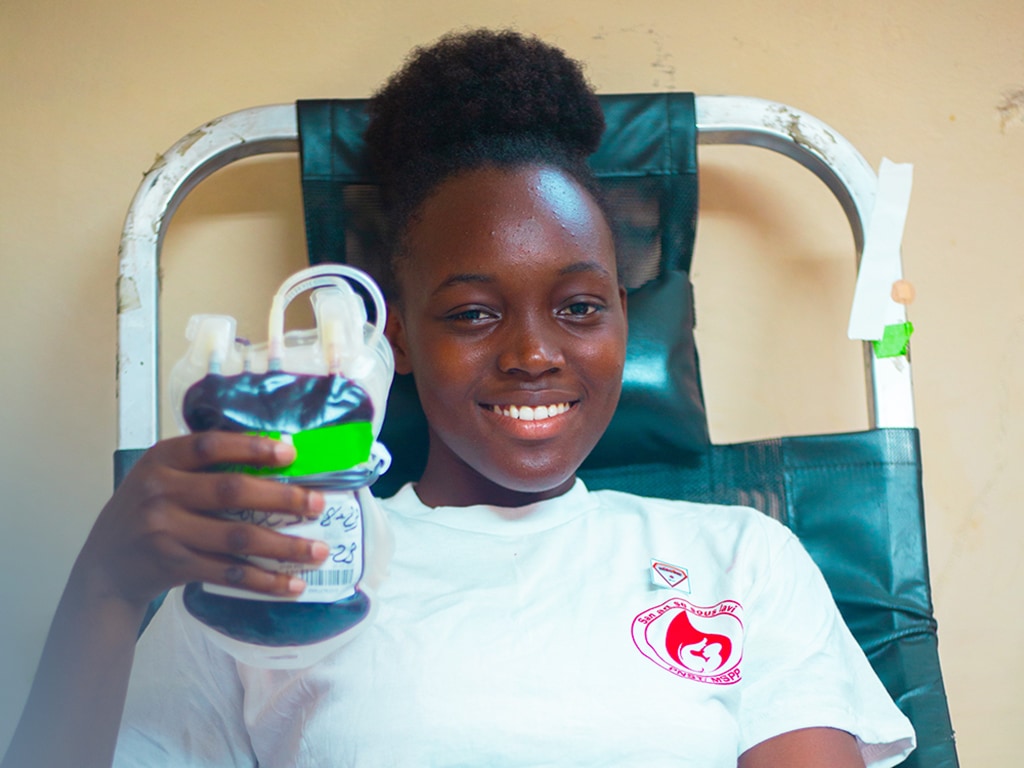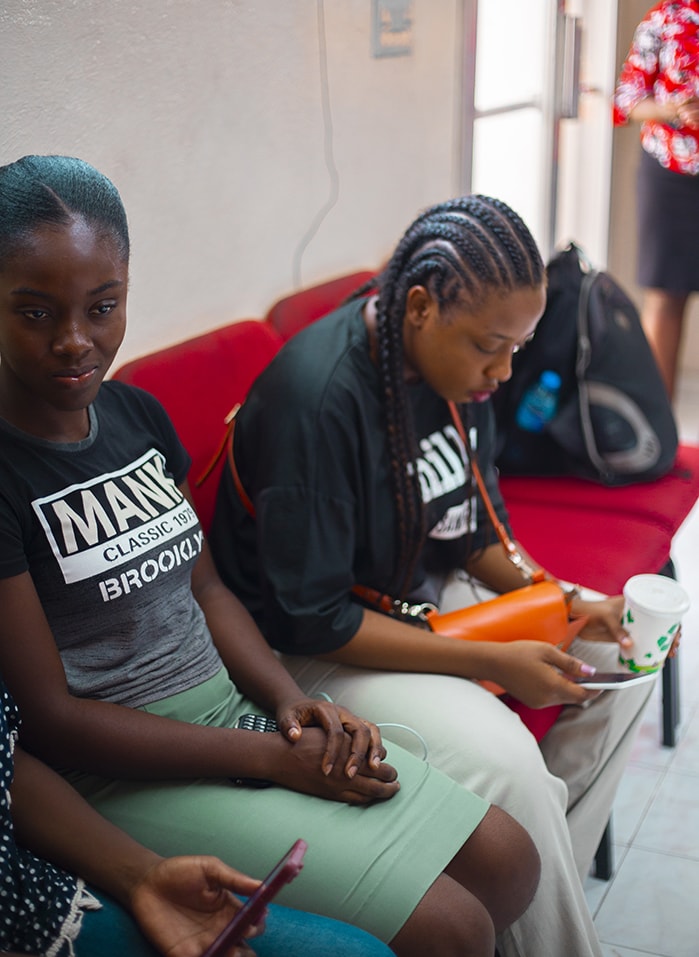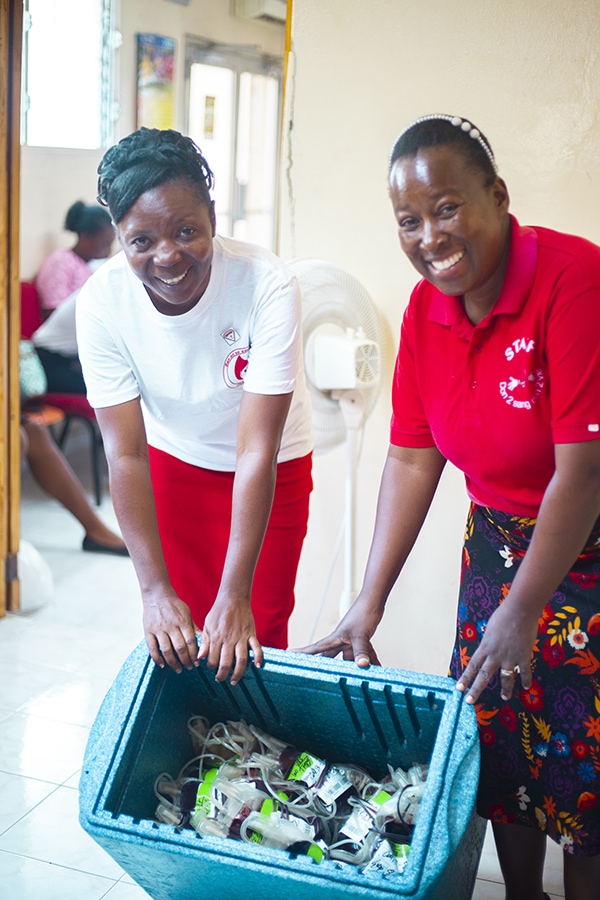
Dozens of people recently showed up at the Adventist University of Haiti (UNAH) in Port-au-Prince to donate blood for a student hospitalized with a serious blood condition.
Sanderva Judeline Joseph, 24, a fourth-year business administration student, had recently been diagnosed with aplastic anemia, a rare and serious blood condition that occurs when the bone marrow cannot make enough new blood cells for the body to work normally.
In a matter of days, university officials organized a blood drive in coordination with the Ministry of Public Health, the National Blood Safety Program, and a local blood collection organization called Korbit 100%. The few dorm students remaining on campus, along with faculty, family, and friends, lined up to donate 30 units of blood on August 3.
“I would like to thank and congratulate the Adventist University of Haiti family for their love, wisdom, and understanding,” Jean Gracieuse, assistant to the vice president of student affairs at UNAH, said. “By joyfully donating blood for the speedy recovery of Sanderva, each of you has demonstrated that every drop of blood counts, and every drop will turn into blessings for those donating.”
The blood drive was the first organized on campus and one that left many baffled by how quickly blood units were collected.
“The Red Cross official told me that it is the first time that a blood drive that was launched in less than a week has drawn so many people and collected so many units of blood,” UNAH president Senèque Edmond said. “ ‘It took us six months of promoting to collect 40 units of blood, while in UNAH you collected near that much quicker,’ she told me,” Edmond said.
Thanks to the faculty of the School of Nursing helping to take vital signs of those donating, the faculty of the School of Theology that provided promotional material, and many of the students and faculty who donated their blood, the initiative was a success, organizers said.
Roger’s Heandel Syleverin, a fourth-year theology student, said he had to take a college test that same day but was glad to donate because he sees donating blood as a tangible manifestation of the “love thy neighbor” command. “Giving my blood is a concrete way of expressing my compassion for the humanity for which Christ died.”
Despite the strong desire from many participants to donate blood, only 30 individuals were able to do so, Clara O. Sanon Jérémie, dean of the School of Nursing Sciences at UNAH, said.




Joseph did not know she had that medical condition, Jérémie explained, but she had begun to feel weak and had been hesitant to see a doctor. “When she saw a doctor, she was told to go to the hospital, but she delayed in going, and unfortunately it was after another illness that Joseph went to see the doctor again and her anemia had worsened, going from 3 to 2 grams of blood,” Jérémie said.
Moved by so many who showed up to bless her, Joseph, whose mother died of the same blood condition, thanked everyone. “I don’t feel alone. I feel part of a big family that loves me,” she said. “Thank you for showing me your deep love. Thank you to the Lord for putting that in your heart. I will continue to fight and rely on Jesus, who can intervene according to His will.”
Because the blood condition has weakened her immune system, she requires intensive medical treatment and other medical interventions that are not accessible in Haiti at this time, Joseph said. She will continue to receive blood transfusions as she rests at home.
Students and faculty continue to pray for her condition and for ways that may open for her to receive the appropriate treatments outside of the country soon.
Fritz Noel, UNAH vice president of academic affairs, thanked donors and said he was motivated to propose to the university administration to form a blood donor club on campus. As a “thank you” gesture, each donor received a T-shirt, a pin with the word Hero on it, and a special dinner for their contribution during the blood drive.
The original version of this story was posted on the Inter-American Division news site.